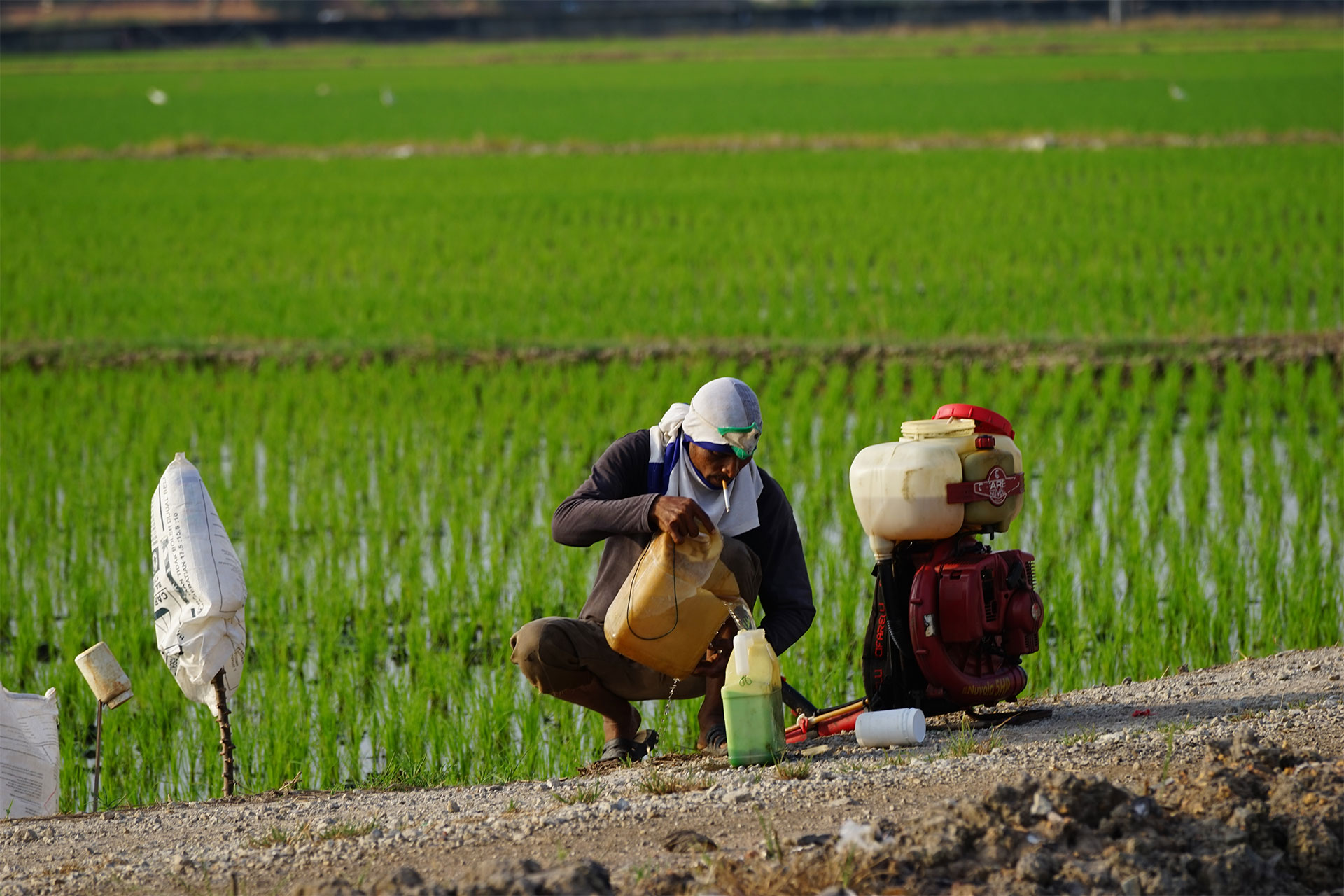On behalf of 274 civil society groups from 54 countries in the Global South, PAN Asia Pacific (PANAP) and FIAN Brazil submitted a letter to German Agricultural Minister Cem Oezdemir in support of Germany’s planned new legislation to prohibit the export of EU-banned pesticides.
The CSOs thanked Oezdemir’s statement “acknowledging that it is not acceptable that Germany continues to produce and export pesticides that have rightly been banned on its own territory to protect people’s health and that people throughout the world, including farmers, have the same right to health.”
Highly Hazardous Pesticides (HHPs) that are banned in the European Union are nonetheless allowed to be exported to countries outside the EU, threatening peoples’ health and livelihoods. In those exports, Germany plays a relevant role with 8,525 tonnes of unauthorised active pesticide substances exported in 2021 alone.
“We have been eagerly waiting for bold and decisive actions such as this proposed German export ban on EU-banned pesticides. Each day, millions of farmers are being poisoned needlessly from unjust double standards in pesticides trade. We hope that German ministers can take heed of our appeal and resist pressure from the agrochemical industry,” said Sarojeni Rengam, PANAP executive director, who submitted the letter on the signatories’ behalf last November 24.
A global study of acute unintended pesticide poisonings shows that farmers and farmworkers in the Global South are suffering most from the impacts of HHPs, with an estimated 180 million farmers suffering from non-fatal pesticide poisoning in Southern Asia, followed by 55 million in South-eastern Asia, and 51 million in East Africa.
Aside from acute poisonings, EU-banned pesticides are linked to chronic illnesses like cancer, have the potential to disrupt peoples’ endocrine systems, and puts especially the unborn, children, and women at risk. Some of these pesticides are also known to harm and even eliminate populations of beneficial insects, which endangers biodiversity, pollination, natural pest control, and consequently people’s food security and health. Thus, the CSOs urged
Germany to prohibit exports of pesticides considered too dangerous not just for people’s health, but for the environment and biodiversity.
“We urge you to ban the export of all pesticides that are not approved in the European Union – no matter if they are exported as products or active ingredients. The mere export ban of formulated pesticide products will not be sufficient to prevent harm, as exporters could just shift to exporting active ingredients, which would then be formulated and used in the importing country,” the letter said.
“We express our support and we are convinced that if Germany upholds its commitment to reduce unsustainable double standards in pesticide trade with the planned new legislation, it will set a model for other countries and regions to follow and will be an important step to reduce the harm from highly hazardous pesticides suffered by all people and the planet,” the letter concluded.
Signatories to the letter included PANAP partners from India, Bangladesh, Vietnam, the Philippines, Cambodia, Indonesia, Pakistan, Nepal and Sri Lanka. ###
Reference: Sarojeni Rengam, PANAP executive director, sarojeni.rengam@panap.net








Discussion about this post